 Our latest student-authored book focuses on one of the most tumultuous years in world history — the year 2020. This calendar year featured two globally transformative events.
Our latest student-authored book focuses on one of the most tumultuous years in world history — the year 2020. This calendar year featured two globally transformative events.
First, there was the March arrival of a murderous virus called COVID-19 that infected roughly 100 million people worldwide, killing 2 million of them. This deadly virus wreaked havoc on world economies and the emotional and physical well-being of billions.
Second, the US was subjected to the graphic killing by police of George Floyd in Minneapolis along with news of the home invasion murder of Breonna Taylor in Louisville. Both deaths set off a firestorm of protest against institutionalized racism.
The purpose of our book, Heroes and Villains of 2020’s Two Pandemics: COVID-19 and Racism, is to showcase how the two pandemics of COVID-19 and racism brought out the best, and the worst, of human nature. The authors of this book, all students at the University of Richmond, review theory and research in heroism science. They then apply the science to an understanding of the heroes and villains who surfaced in response to the two pandemics.
Our book is now available at Amazon.com. Here is the reference:
Allison, S. T., Behar, H., Huxtable, V., Kenny, I., Palfreyman, G., Popovich, E., & Saltzman, K. (2021). Heroes and villains of 2020’s two pandemics. Richmond: Palsgrove.
About the Authors
Scott T. Allison is Professor of Psychology at the University of Richmond where he has taught and conducted research for 35 years. He has published over 100 articles on positive social behavior, leadership, and heroism. His books include Heroes, Heroic Leadership, Heroic Humility, Handbook of Heroism, The Romance of Heroism, and The Heroic Leadership Imperative. His work has been featured in media outlets such as National Public Radio, USA Today, the New York Times, the Los Angeles Times, Slate Magazine, MSNBC, CBS, Psychology Today, and the Christian Science Monitor. He received the University of Richmond’s Distinguished Educator Award and the Virginia Council of Higher Education’s Outstanding Faculty Award.
Grace V. Palfreyman is an undergraduate student at the University of Richmond. Born and raised in New Jersey, she will graduate with a B.A. in Psychology. Grace is a division 1 swimmer here at the University, and pretty much spends her free time painting her nails, as well as her friends’ nails, and figuring out her next meal. Her life goal is to travel to every continent, and use the knowledge she has from psychology courses to help people in other countries.
Victoria M. Huxtable is an undergraduate student at the University of Richmond. A Maryland girl, she will graduate with a B.A in Psychology and Health Care Studies. Victoria plays on the Women’s Soccer Team where she constantly learns important values about teamwork and self-discipline. She has a great passion for working with children and also loves volunteering at events for people with disabilities.
Elizabeth M. Popovich is an undergraduate student at the University of Richmond. A New Jersey girl, she will graduate with a major in Psychology and a minor in Sociology. In her free time, Elizabeth enjoys reading, hanging out with her friends, and volunteering at local schools in Richmond. On campus, she is a CAPS intern at the Wellness Center. In the future, Elizabeth hopes to go to graduate school to study further study the field of Psychology.
Kayla R. Saltzman is a Senior at the University of Richmond, and will graduate with degrees in Psychology and Leadership Studies. She plans to continue her studies in order to receive her MSW and work for prevention and rehabilitation for at-risk youth and youth within the juvenile justice system. Kayla loves her family and friends, her dog, the Earth, and music.
Hannah Behar is an undergraduate student at the University of Richmond where she will graduate with a B.S. in Psychology and minor that she is unsure of yet. Hannah loves to sing and is a part of the Off the Cuff Acapella group on campus. Although she is not completely sure yet, she hopes to one day work in a field that focuses on children and/or teenagers mental health.
Isabelle J. Kenny is an undergraduate student at the University of Richmond where she will soon graduate with a B.A. in Rhetoric and Communications Studies and minors in Psychology and Journalism. She is CAPS intern at the Wellness Center on campus and an active member of her sorority Kappa Kappa Gamma. In her free time Isabelle enjoys spending her free time with close friends in Richmond!

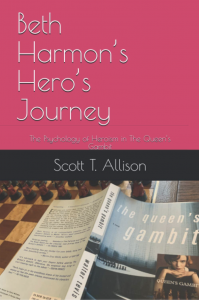
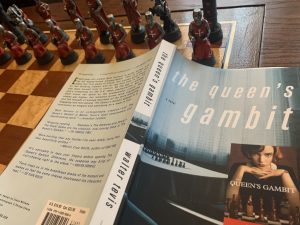
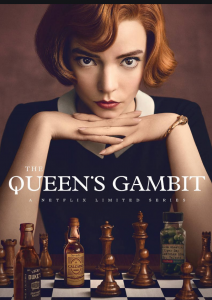
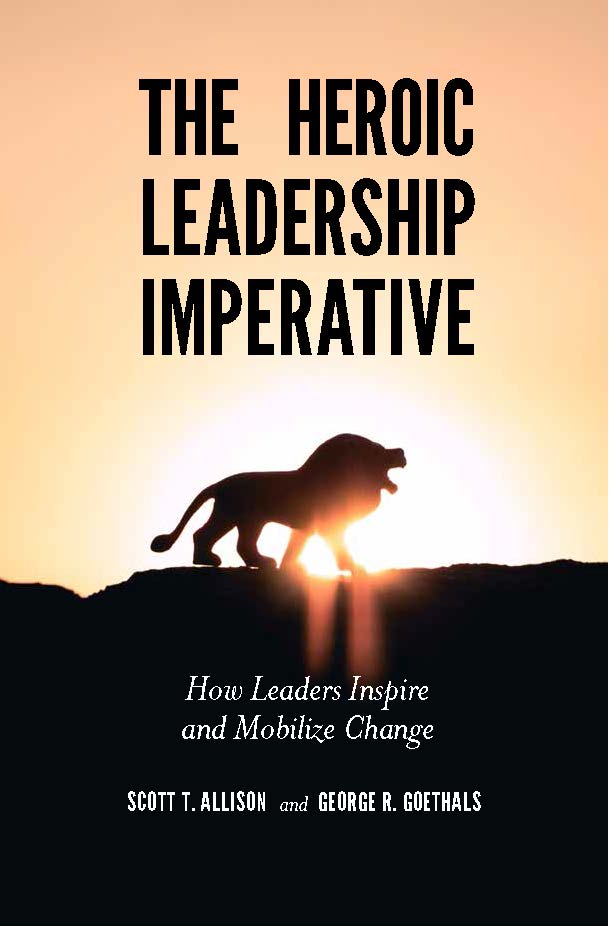

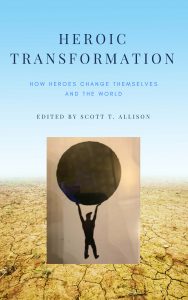
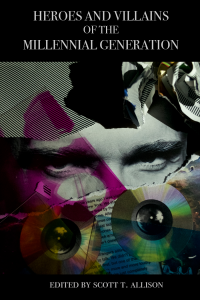 This book explores the heroes and villains of an entire generation of Americans — the Millennial generation, defined as people born between 1982 and 2000.
This book explores the heroes and villains of an entire generation of Americans — the Millennial generation, defined as people born between 1982 and 2000.